Newey voices concerns over F1 2026 regulations
Newey expresses concerns about F1's 2026 regulations, highlighting potential issues with power unit performance and the sport's spectacle.
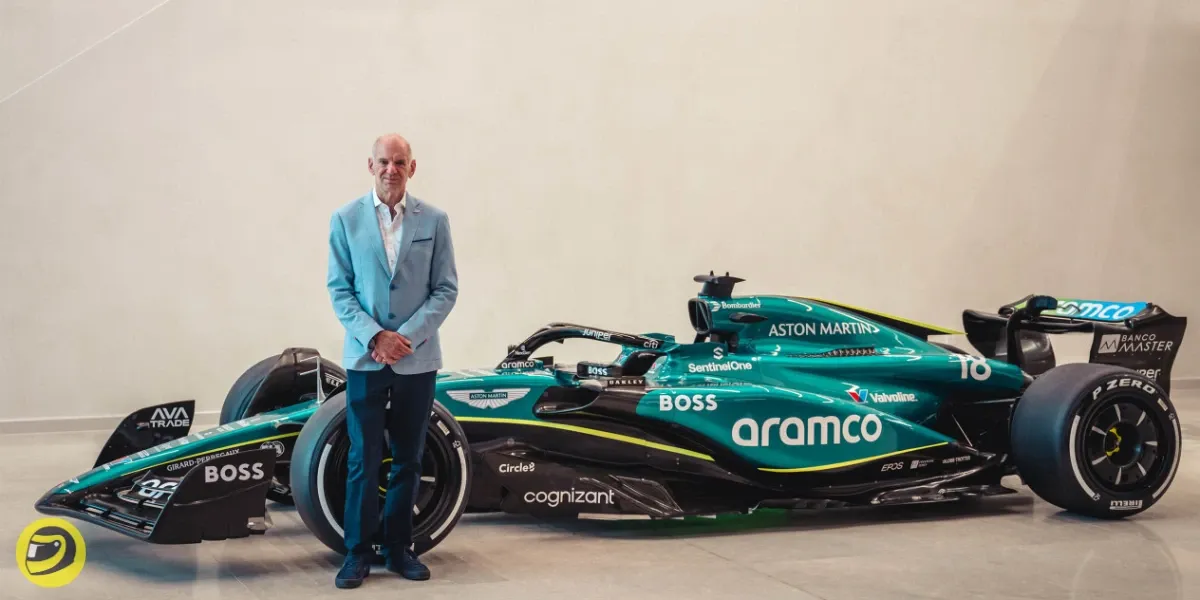
Adrian Newey, the mastermind behind Red Bull's recent dominance in Formula 1, has expressed significant reservations about the upcoming 2026 regulations.
Set to join Aston Martin in 2025, Newey's concerns shed light on the challenges teams and manufacturers face as they prepare for a new era in the sport.
Power unit rules
The crux of Newey's apprehension lies in the development process of the 2026 rulebook.
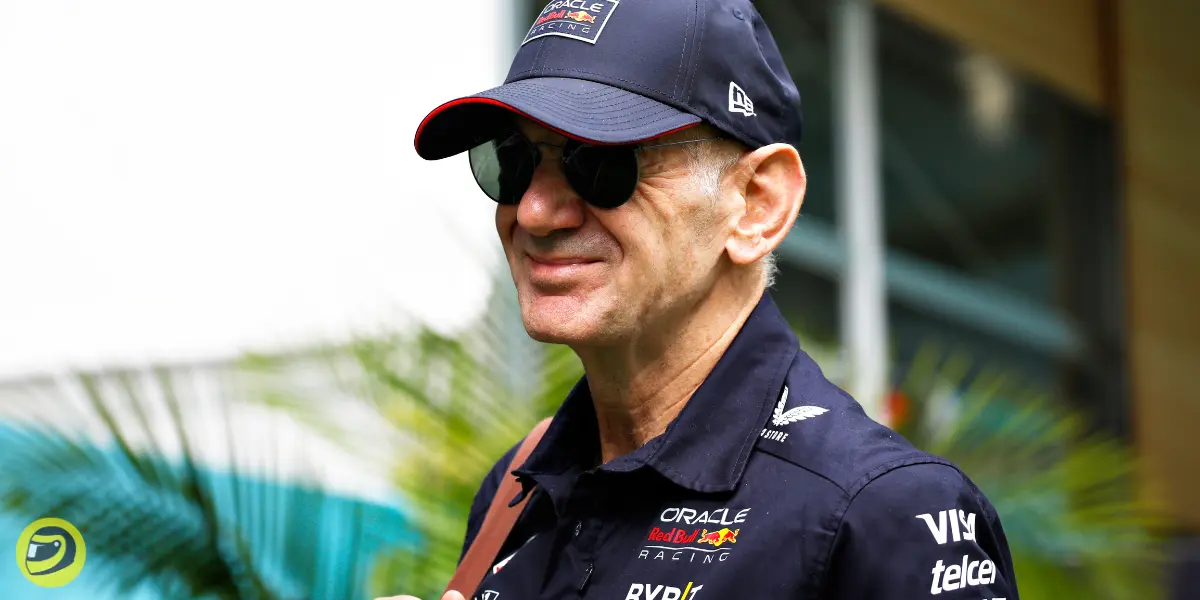
Speaking to Autocar, he highlighted an unusual approach where power unit regulations were finalized before chassis considerations.
"The power unit regulations were fixed quite a few years ago without, in truth, properly considering what chassis regulations were then needed to suit those PU regs,"
Newey explained. This sequence has left teams and the FIA grappling with how to create a cohesive package.
The renowned engineer emphasized the unprecedented nature of this regulatory overhaul:
"I can't remember the last time we had completely new power unit and chassis regulations at the same time."
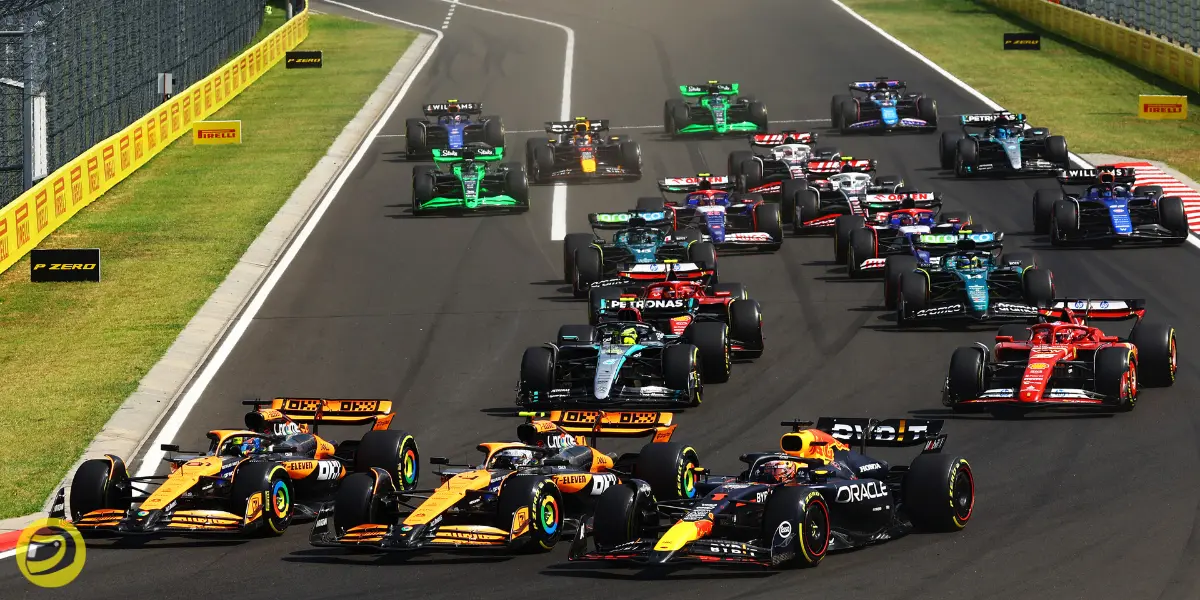
Performance concerns and the spectacle of F1
A key worry for Newey is the potential impact on race dynamics.
The 2026 power units aim for a 50/50 split between electrical and combustion power outputs. However, this balance raises questions about sustained performance.
"There is still a lot of concern that, actually, the cars will be going significantly slower at the end of straight than at the start of the straight because they just run out of battery,"
Newey cautioned. This scenario could dramatically alter the spectacle of Formula 1, a prospect that clearly troubles the veteran designer.
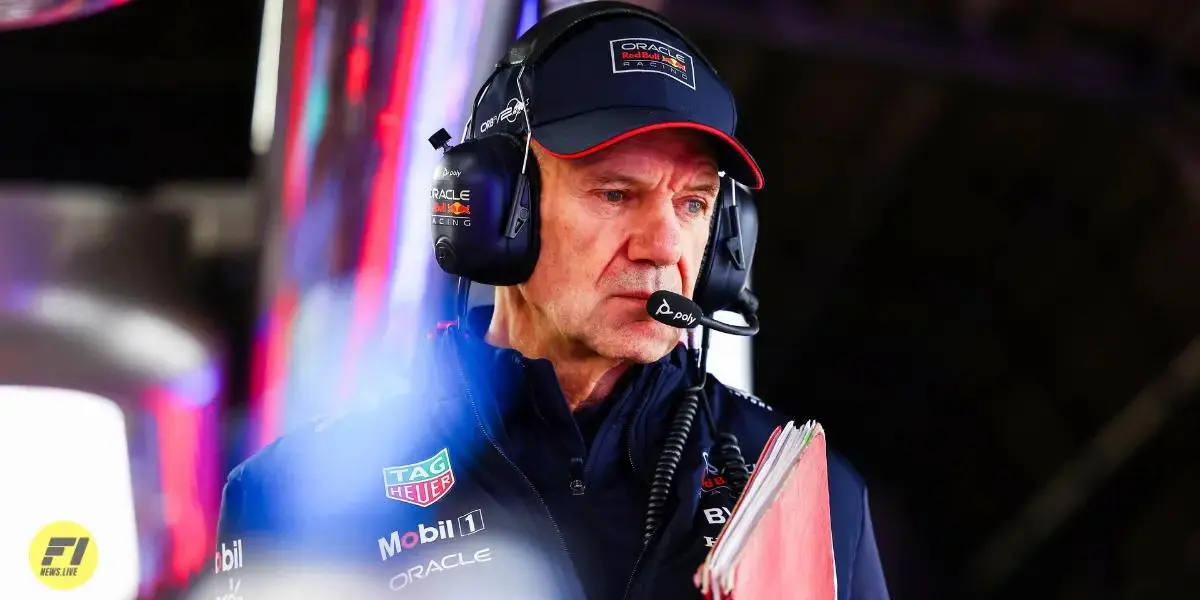
Manufacturer appeasement vs. Racing excellence
While acknowledging the regulations' success in attracting manufacturers like Audi and retaining others, Newey questions whether this comes at the cost of on-track excitement.
"It was a regulation that was brought in really, I think, primarily to keep the existing OEMs, the manufacturers in, and hopefully attract new ones,"
he noted.
"In that sense, you can argue it's been successful. But what the show and the spectacle will be, I think it's a concern."
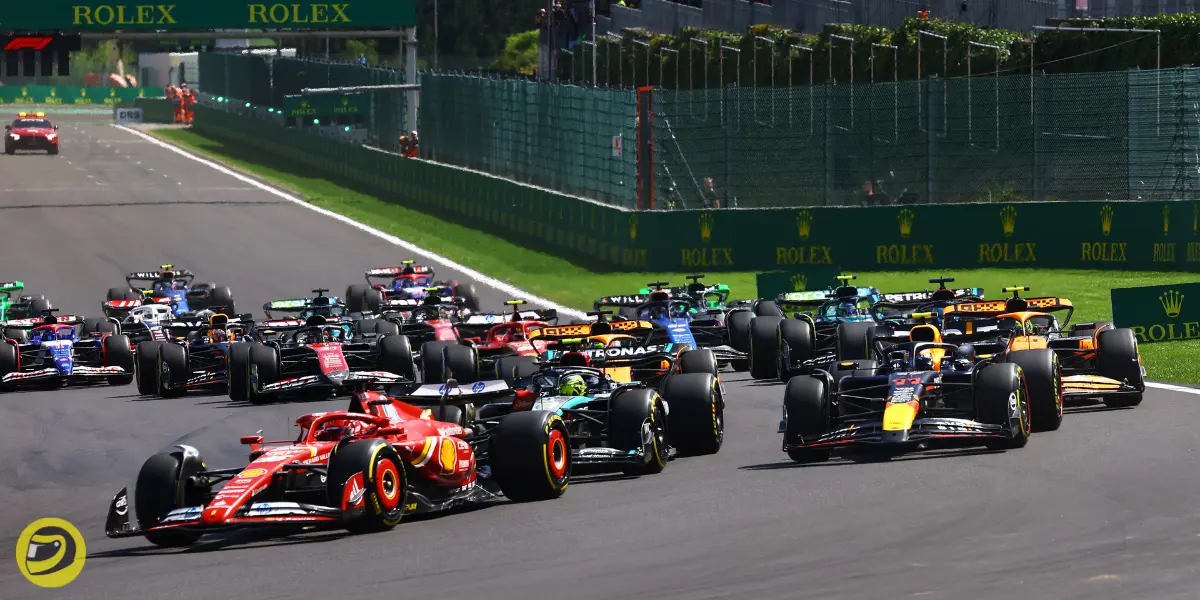
Newey's alternative vision
Given the chance, Newey would have approached the rulebook differently.
He advocates for prioritizing chassis regulations to maintain the individuality of cars, warning against overly restrictive aerodynamic rules that could lead to homogenized designs.
"I think, first of all, the most important thing for Formula 1 is the individuality of the cars,"
Newey asserted. He drew parallels with other racing series that saw declining public interest after adopting more uniform car designs.
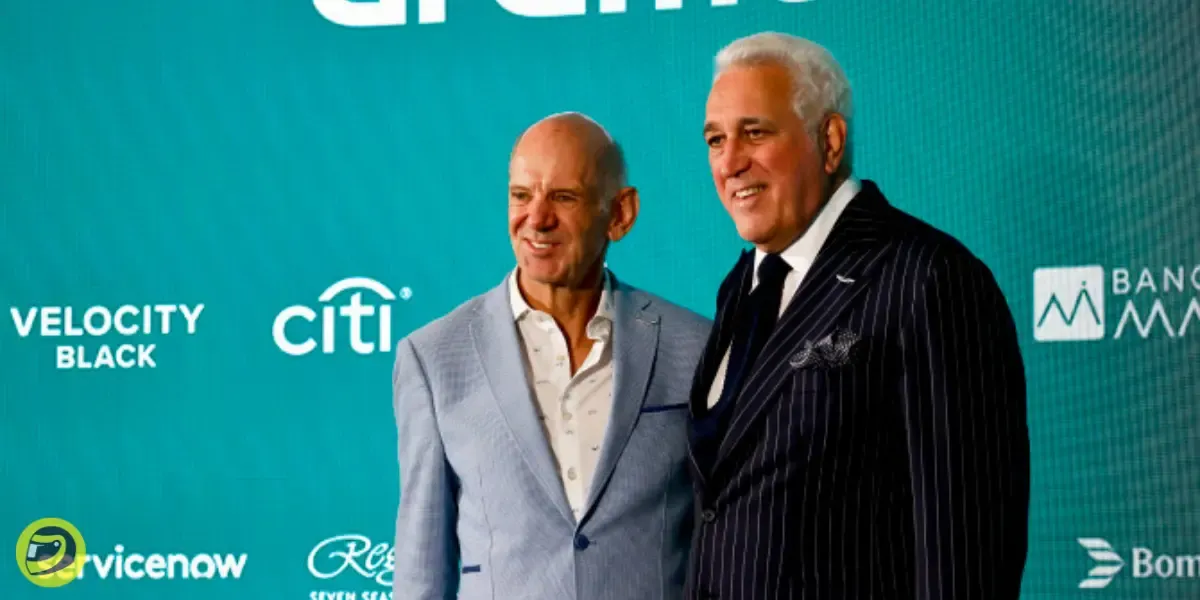
Challenging the electric mandate
Newey also questioned the broader automotive industry's shift towards electric vehicles, suggesting it reflects a lack of innovative thinking.
"The prescribed electric route, which most European governments have gone down, is not the right route,"
he argued, calling for more open-ended environmental targets that allow manufacturers to explore diverse solutions.





Comments ()